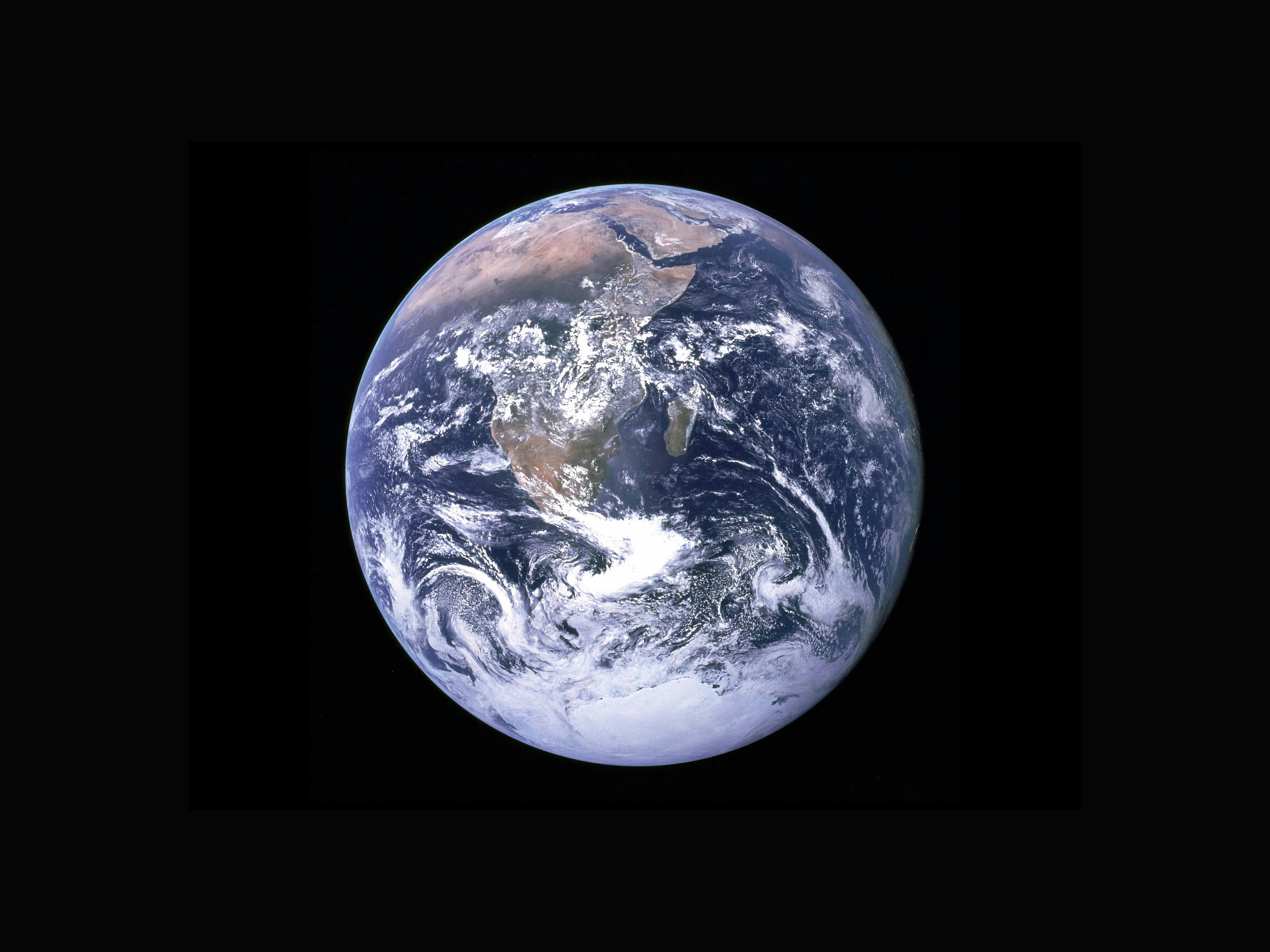A visit to a changing Myanmar
Stay up to date:
Infrastructure
Imagine wading through calf-deep monsoon floodwaters teaming with sewage and industrial waste in 42ºC heat. Now envision workers handling complex hydraulic machinery and industrial equipment in cramped, dark and unsanitary conditions without even the basic safety gear such as goggles and shoes. This is the heart of manufacturing in Myanmar.
Last week, I ventured with several of my Young Global Leader cohorts into the outskirts of Yangon to meet with members of a design-based social enterprise, Proximity Designs, to learn how the company finds high-impact opportunities to help lift people out of poverty. During the visit, we explored ways that the company can provide irrigation pumps, micro-financing loans and advisory services, all within the context of a country in transition.
Following a series of in-depth interviews, field visits and a collaborative brainstorming session, we made recommendations to form a new business model focusing primarily on curatorial services instead of designing equipment. We also looked into the possibility of using its vast geographical network in 10,000 villages across 125 townships to gather on-the-ground insights rather than just distribute goods.
Perhaps the most significant recommendation was to convert the company’s lab – a repurposed factory with rudimentary, but effective structures for building, brainstorming and prototyping – into a centre of excellence for Myanmar manufacturing. By bringing select vendors into a central space, it could provide better conditions, and in doing so support education and cross-pollination of ideas to advance innovation and skillsets. This would be a radical change from the current situation where vendors’ machines are only run seasonally and where there is little incentive to create parts other than those listed on an premade order sheet.
The proposed plan was inspired by the new reality of Myanmar, where cheap products and services from neighbouring China and India are poised to radically transform this country. As economists have projected a rise in growth from the current 2% to 8% in the coming years (mostly on the back of manufacturing), Myanmar is looking for transformative ways to meet global expectations.
Myanmar cannot rise out of poverty with traditional thinking or infrastructural investment alone. Organizations like the one we visited are looking for new ways to innovate by using design methodology, which puts human needs at the centre of the equation, and builds technology and business models around those core social insights.
Myanmar runs a risk if it follows the script of other developing countries that have often faltered with the influx of resources and global attention. To design a new Myanmar, diverse thought-leadership and transformative ideas – even contrarian ones – need to be embraced. Collaboration, human-centric solutions and a participatory conversation about business and dignity are the starting point.
Author: Valerie Casey is Founder and Executive Director of the Designers Accord. She was selected as a World Economic Forum Young Global Leader in 2011 and serves on the Global Agenda Council on Design and Innovation.
Image: People are seen working on a brick factory in Myanmar REUTERS/Damir Sagolj
Don't miss any update on this topic
Create a free account and access your personalized content collection with our latest publications and analyses.
License and Republishing
World Economic Forum articles may be republished in accordance with the Creative Commons Attribution-NonCommercial-NoDerivatives 4.0 International Public License, and in accordance with our Terms of Use.
The views expressed in this article are those of the author alone and not the World Economic Forum.
Related topics:
Forum Stories newsletter
Bringing you weekly curated insights and analysis on the global issues that matter.
More on Financial and Monetary SystemsSee all
Spencer Feingold
April 17, 2025
Lucia Fry and Naomi Nyamweya
April 17, 2025
Spencer Feingold
April 15, 2025
Hubert Keller and Maximilian Martin
April 15, 2025
Makaio Witte and Sourajit Aiyer
April 14, 2025
Tariq Bin Hendi
April 8, 2025



